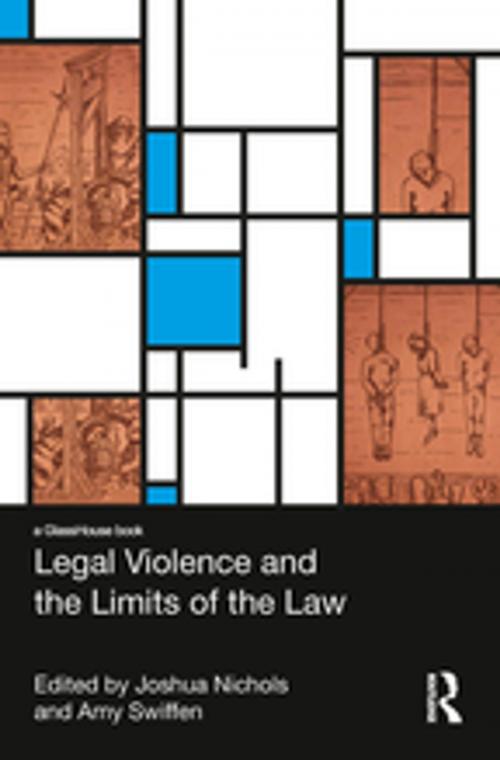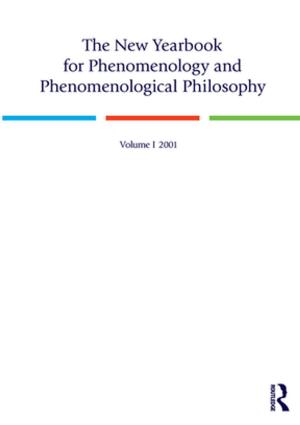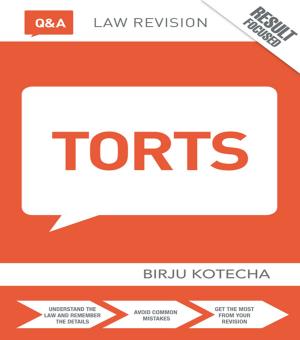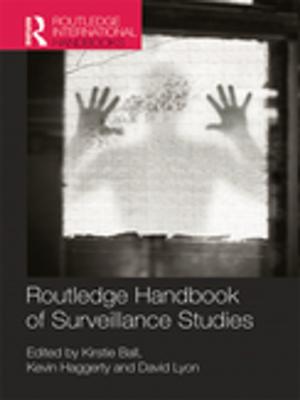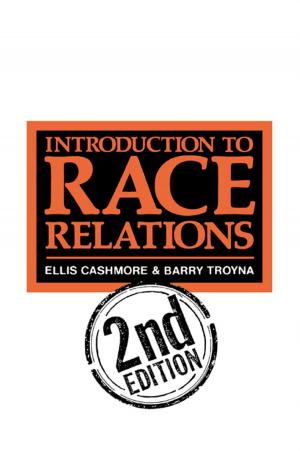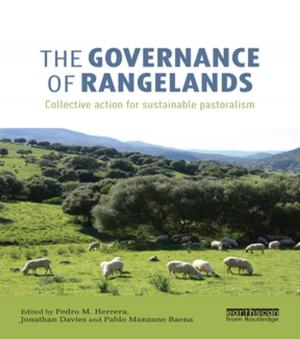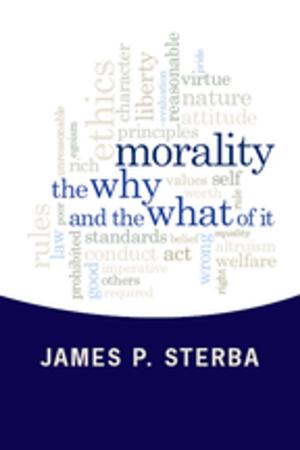Legal Violence and the Limits of the Law
Cruel and Unusual
Nonfiction, Reference & Language, Law, Jurisprudence, Criminal law| Author: | ISBN: | 9781317602101 | |
| Publisher: | Taylor and Francis | Publication: | August 10, 2017 |
| Imprint: | Routledge | Language: | English |
| Author: | |
| ISBN: | 9781317602101 |
| Publisher: | Taylor and Francis |
| Publication: | August 10, 2017 |
| Imprint: | Routledge |
| Language: | English |
What is the meaning of punishment today? Where is the limit that separates it from the cruel and unusual? In legal discourse, the distinction between punishment and vengeance—punishment being the measured use of legally sanctioned violence and vengeance being a use of violence that has no measure—is expressed by the idea of "cruel and unusual punishment." This phrase was originally contained in the English Bill of Rights (1689). But it (and versions of it) has since found its way into numerous constitutions and declarations, including Article 5 of the Universal Declaration of Human Rights, as well as the Amendment to the US Constitution. Clearly, in order for the use of violence to be legitimate, it must be subject to limitation. The difficulty is that the determination of this limit should be objective, but it is not, and its application in punitive practice is constituted by a host of extra-legal factors and social and political structures. It is this essential contestability of the limit which distinguishes punishment from violence that this book addresses. And, including contributions from a range of internationally renowned scholars, it offers a plurality of original and important responses to the contemporary question of the relationship between punishment and the limits of law.
What is the meaning of punishment today? Where is the limit that separates it from the cruel and unusual? In legal discourse, the distinction between punishment and vengeance—punishment being the measured use of legally sanctioned violence and vengeance being a use of violence that has no measure—is expressed by the idea of "cruel and unusual punishment." This phrase was originally contained in the English Bill of Rights (1689). But it (and versions of it) has since found its way into numerous constitutions and declarations, including Article 5 of the Universal Declaration of Human Rights, as well as the Amendment to the US Constitution. Clearly, in order for the use of violence to be legitimate, it must be subject to limitation. The difficulty is that the determination of this limit should be objective, but it is not, and its application in punitive practice is constituted by a host of extra-legal factors and social and political structures. It is this essential contestability of the limit which distinguishes punishment from violence that this book addresses. And, including contributions from a range of internationally renowned scholars, it offers a plurality of original and important responses to the contemporary question of the relationship between punishment and the limits of law.
